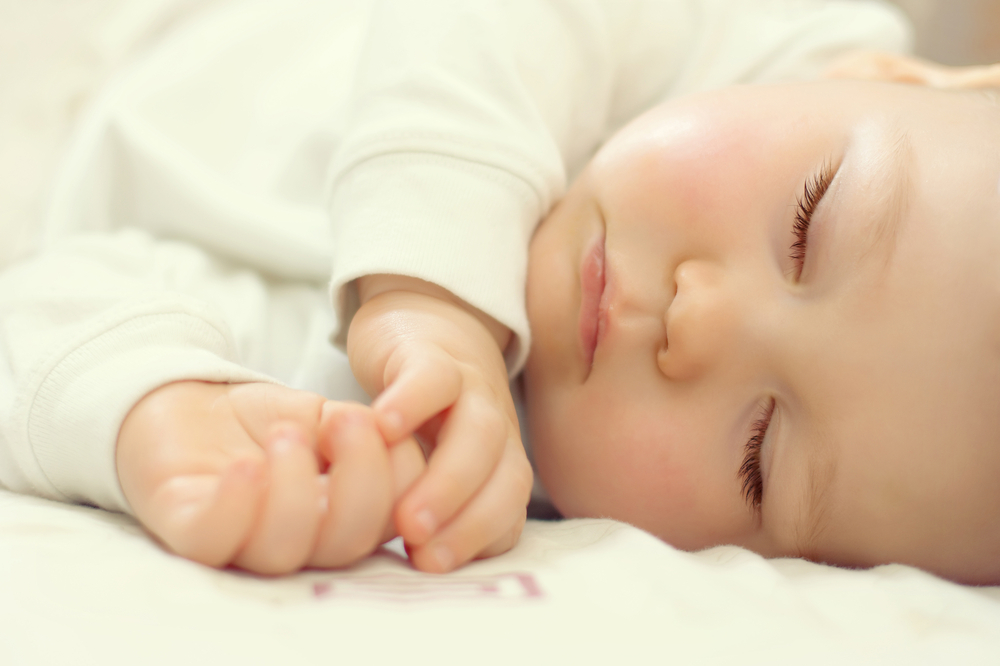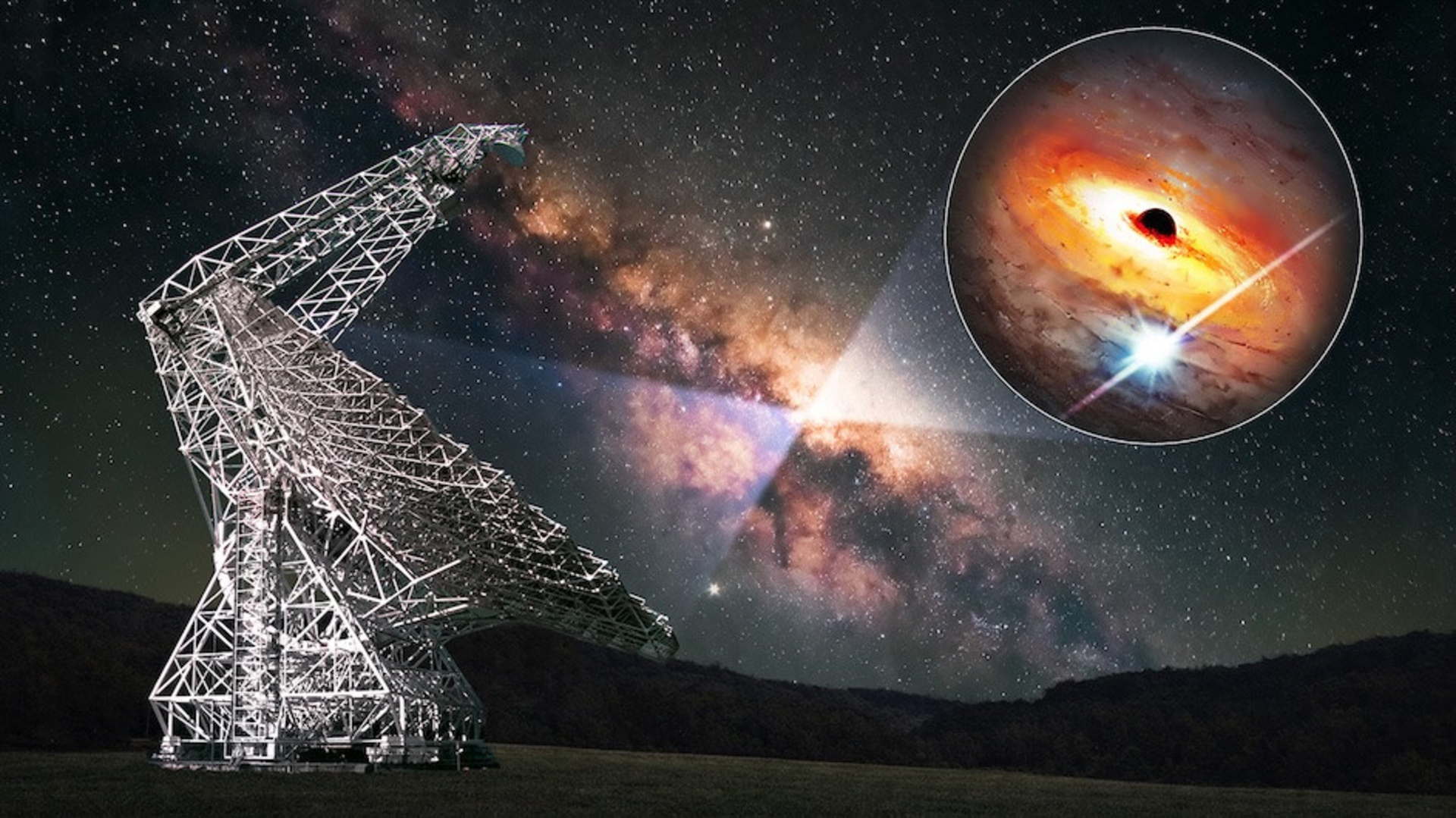Mothers' Caffeine Intake Doesn't Wake Babies at Night, Study Finds

Get the world’s most fascinating discoveries delivered straight to your inbox.
You are now subscribed
Your newsletter sign-up was successful
Want to add more newsletters?

Delivered Daily
Daily Newsletter
Sign up for the latest discoveries, groundbreaking research and fascinating breakthroughs that impact you and the wider world direct to your inbox.

Once a week
Life's Little Mysteries
Feed your curiosity with an exclusive mystery every week, solved with science and delivered direct to your inbox before it's seen anywhere else.

Once a week
How It Works
Sign up to our free science & technology newsletter for your weekly fix of fascinating articles, quick quizzes, amazing images, and more

Delivered daily
Space.com Newsletter
Breaking space news, the latest updates on rocket launches, skywatching events and more!

Once a month
Watch This Space
Sign up to our monthly entertainment newsletter to keep up with all our coverage of the latest sci-fi and space movies, tv shows, games and books.

Once a week
Night Sky This Week
Discover this week's must-see night sky events, moon phases, and stunning astrophotos. Sign up for our skywatching newsletter and explore the universe with us!
Join the club
Get full access to premium articles, exclusive features and a growing list of member rewards.
Pregnant and nursing women who consume caffeine aren't causing their babies to wake up at night, a new study says.
The study involved 885 infants born in 2004 in Brazil, and the results showed that while babies of moms who were heavy consumers of caffeine were slightly more likely to wake frequently during the night compared with babies of moms who drank much less caffeine, the effect was small enough that it may have been due to chance differences between the groups.
"Maternal caffeine consumption, even in large amounts during gestation and lactation, had no consequences on sleep of the infant at 3 months of age," the researchers wrote in their conclusion.
The findings are published online today (April 2) in the journal Pediatrics.
Previous studies have linked heavy caffeine consumption during pregnancy with an increased risk of miscarriage, though findings have been mixed. According to guidelines from the American Academy of Pediatrics, caffeine is safe for breast-feeding women in moderate amounts (defined as two to three cups of coffee a day).
During infancy, nighttime waking is common. The researchers looked to see whether heavy caffeine consumption by women during their pregnancy and after giving birth was linked with more frequent night waking in babies.
For their study, the researchers at the Federal University of Pelotas interviewed mothers shortly after they gave birth, and examined their babies. Three months later, the mothers were interviewed again about their babies' sleep habits over the previous 15 days.
Get the world’s most fascinating discoveries delivered straight to your inbox.
Those babies who woke more than three times a night, on average, were considered to have frequent night wakings. The researchers also collected samples of coffee from the women's houses to measure the caffeine content.
Nearly 20 percent of the mothers were heavy consumers of caffeine, meaning they drank more than 300 milligrams per day (the equivalent of about three or four cups of home-brewed coffee) daily, and about 14 percent of the babies woke three or more times, on average, during the night.
The reason there was no link between moms' caffeine habits and babies waking up at night is not clear, but it may be that babies born to mothers who heavily consume caffeine develop tolerance to it, according to the study.
Still, differences in people's sensitivity to the stimulant are not well-understood, the researchers said. Genetics and the development of tolerance may both a role in the extent to which caffeine disrupts sleep.
"This study revealed that prevalence of caffeine consumption is almost universal during pregnancy," the researchers noted. Only one woman in the study reported no caffeine consumption during pregnancy.
Pass it on: Caffeine consumption by pregnant women and nursing mother's doesn't contribute to their babies waking up at night.
This story was provided by MyHealthNewsDaily, a sister site to LiveScience. Follow MyHealthNewsDaily on Twitter @MyHealth_MHND. Find us on Facebook.

 Live Science Plus
Live Science Plus










